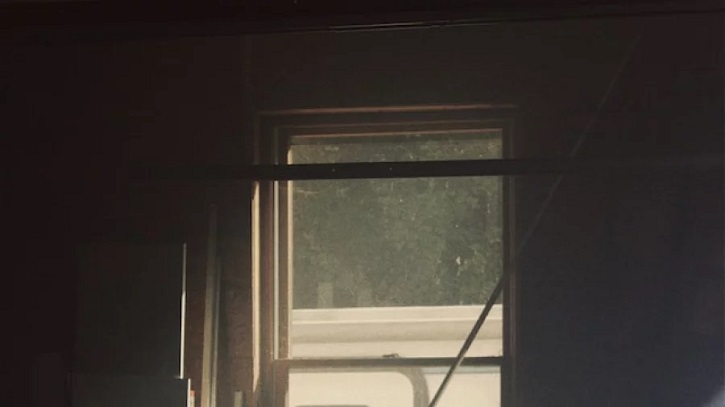The other week, I was told by a male family member that the articles in my column — this column — are too focused on overly specific topics. I was told that I’m pigeonholing myself because I regularly explore gender relations, girlhood, and religion in my articles. Though it came from a loving place, this is more than just offhand criticism.
I was initially receptive to the comments because as a writer, I’m always asking for feedback from my close friends and family. I have confidence that my loved ones have my best interest at heart and are the best guides for my own growth. Perhaps, I worried, my relative made an important point about my articles. What writer (or any kind of artist for that matter) wants to be a stereotype? But the more the comments sat with me, the more I realized that this connected to a much larger issue. One larger than myself, my family, and even my column as a whole. I started to digest that a grown man is telling me that because I’ve written six articles about topics that specifically relate to who I am, I am doing “too much.”
I often ask questions on this column, but this next one is something that I feel is especially universal. When does not enough of a story told for one person become too much of a story told for another?
As an adolescent girl, a Muslim, and a Bangladeshi-American, I am very much unlike what I saw in the films and television shows I grew up on. I never got to see a family that looked like mine in a traditional home setting on the TV, or my religion normalized the way Christianity and church-going is in American media. And although I am grateful to have grown up at an intersection between American and Bangladeshi culture, let’s face it: Bangladeshi culture, though often beautifully proud, loves to make the most random parts of life taboo.
We can all relate to feeling silenced at one point in our lives. The older I become, the more I can recognize how a total lack of inclusion growing up affected my self esteem and general wellbeing. And all because I felt that there was no place for my story in the world. Through writing my songs on my guitar, writing my poems in my journal, and now writing articles in the Dhaka Tribune, I am slowly healing a part of myself that was lied to as a young child. I’m giving myself a chance to articulate my story and learning how much of a difference that can make to myself and others alike.
“Teaching our children about slavery will teach them to hate their country,” conservative American parents argue. “Don’t expose them to (insert normal, human experience) so young, they’ll only go out and start to do it,” families insist.
A reluctance to discuss what is typically taboo can lead any kind of exposure to seem like over-exposure. That’s understandable, because we’re not used to it. But in doing so, we fail to give respect and agency to so many members of our community whose stories are not typically shared in the mainstream.
This is all why I find it so personally and fundamentally significant to discuss all of what I discuss on Seen And Heard. Growing up not seeing myself reflected in the world around me, I feel compelled to become exactly the kind of assurance that my childhood lacked. I disagree that there is any “right way” to write a column, start a conversation, or share a story. We all have something blossoming inside one of us for a specific, uniquely creative reason. Not understanding where someone comes from when they share their story is not a hindrance, it’s a strength. Just think of all the things we could and can learn about one another if we encourage each and every one of us to share our stories with total ownership and agency.
It’s not excessive in any way, shape, or form to know the beauty and value of who you are and where you come from. It’s simply the truth. And here, on seen and heard, that’s exactly what I’ve always tried and will continue to proclaim to readers: We all deserve to be seen and heard.
Deya Nurani is a freelance contributor and a high school student based in the US.
Source: Dhaka Tribune.

